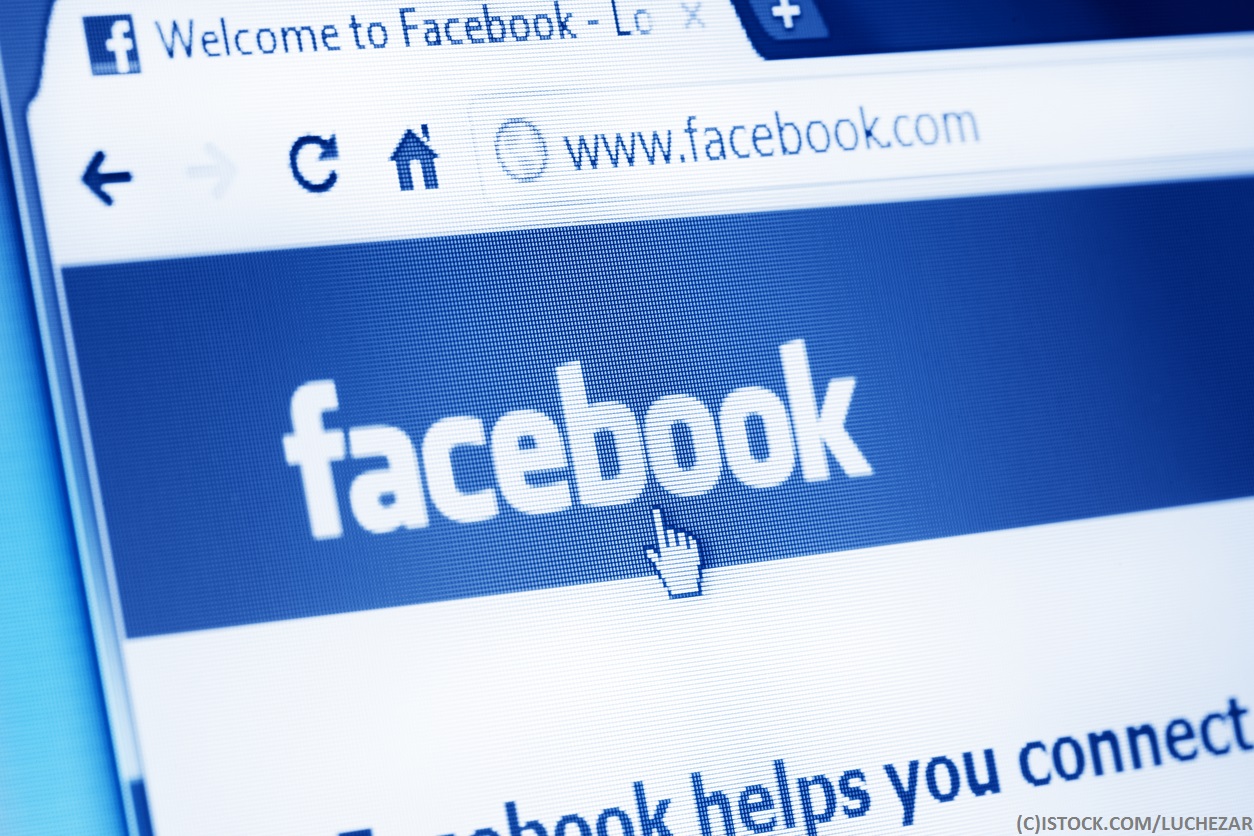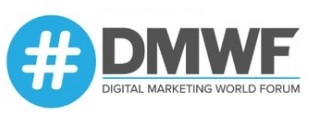
As the number of companies boycotting Facebook continues to grow, a study from the University of Oxford argues an ‘immediate’ negative impact could result, particularly in the retail sector.
Various major brands, including Adidas, Coca-Cola and Starbucks – with PlayStation the latest big name to join – are withdrawing advertising to pressure the social network into taking a stronger stand against hate speech.
According to the Information – with the story’s veracity later confirmed elsewhere – Facebook founder and CEO Mark Zuckerberg said he believed advertisers currently boycotting will be back on the platform ‘soon enough’. Zuckerberg, in a town hall meeting, said the action was more of a ‘reputational and partner issue’ than economic, adding the company was ‘not going to change… policies or approach on anything because of a threat to a small percent of revenue.’
Earlier this month, in a piece originally published in AdAge, Nick Clegg, former UK deputy prime minster and current Facebook VP global affairs and communications, wrote there was ‘no incentive for [the company] to do anything but remove’ hateful content.
“Facebook has come in for much criticism in recent weeks following its decision to allow controversial posts by President Trump to stay up, and misgivings on the part of many people, including companies that advertise on our platform, about our approach to tackling hate speech,” Clegg wrote.
“I want to be unambiguous: Facebook does not profit from hate,” he added. “Billions of people use Facebook and Instagram because they have good experiences – they don’t want to see hateful content, our advertisers don’t want to see it, and we don’t want to see it.”
But what does this mean in more tangible terms? The research study, from the Said Business School at the University of Oxford, argued that brands who boycott could suffer, partly due to how Facebook interacts with other media channels.
“By removing Facebook from their media mixes, brands hurt their overall advertising effectiveness in the remaining channels,” said associate professor of marketing Jason Bell. “This is because Facebook ads seem to indirectly help make advertising in many other channels more effective.”
In practical terms, a user may see an advert on TV, or on YouTube, which interests them without acting upon it, and then retargeting on Facebook or Instagram will then push a potential purchase. “Facebook is like salt in cooking,” added Bell. “Where salt improves the flavour of other ingredients, Facebook advertising can help make other channels in a campaign more effective.”
The study, which used statistical modelling to assess individual ad platforms and the interactions between them, argued for the retail sector, user likelihood to consider their brand could drop by 25%, while purchase motivations for the automotive sector could decline 13%.
Despite this, many of the high profile brands have seen something of an uptick in their share prices. As a MarketWatch piece noted on July 2, only Starbucks, of the eight corporations analysed, went down. The remainder – the aforementioned Coca-Cola, Ford, Microsoft, Pepsi, SAP, Unilever and Verizon – have seen gains from 0.13% to 1.97%.
Professor Andrew Stephen, associate dean of research at the Said Business School, emphasised that advertisers were right to withdraw advertising to ‘draw attention to the propagation of unsafe and unacceptable content.’ Yet from a ‘purely commercial’ perspective, marketing teams should factor in the downturn ‘especially during extremely difficult economic conditions.’

Interested in hearing leading global brands discuss subjects like this in person?
Find out more about Digital Marketing World Forum (#DMWF) Europe, London, North America, and Singapore.





